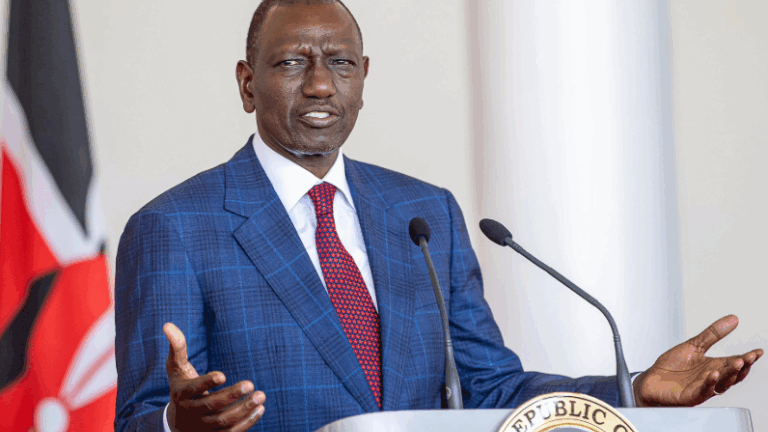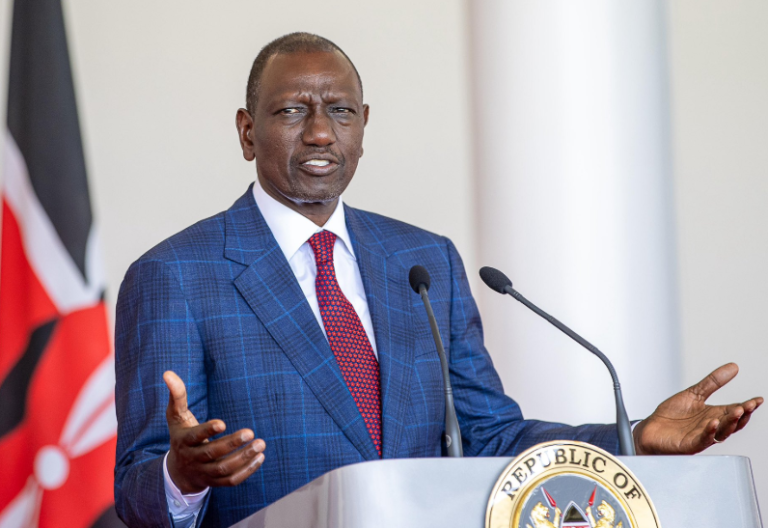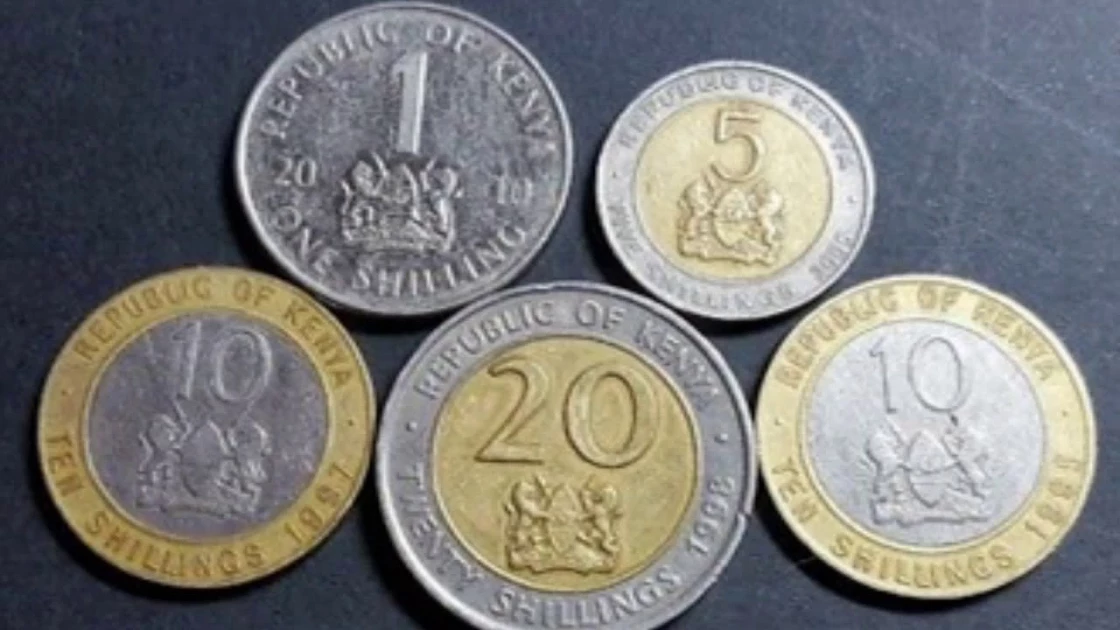
President William Ruto dropped a political and economic bombshell during the Madaraka Day celebrations at Raila Odinga Stadium in Homa Bay.
Addressing a tense crowd under the weight of growing public outrage, Ruto finally broke his silence on the raging controversy over the future of Kenya’s state-owned sugar factories. And his message was crystal clear—the government isn’t selling a single inch of sugar mill land, but it is handing over operations to private hands.
“We are not selling these factories. We are leasing them—strategically, competitively, and under tight conditions,” declared the President.
Factories named in the shake-up include Sony, Chemelil, Muhoroni, and the embattled Nzoia Sugar, which recently made headlines after violent protests erupted over its alleged acquisition by the Rai Group.
Outdated, Inefficient, and Bleeding Taxpayers
In a stinging indictment of decades-old inefficiencies, Ruto revealed that some machinery at the mills hasn’t been updated in over half a century.
“These plants have been turning 20 tonnes of cane into just one tonne of sugar. Our farmers are being robbed,” he said, slamming the outdated technology that has drained productivity and slashed farmers’ incomes.

He admitted that the government has failed to run the mills efficiently, often relying on costly bailouts that burden taxpayers and do little to fix the systemic rot.
The Shocking Reality: Public Assets on Lease—But Still Owned by Kenyans
“Let me be clear: no factory has been sold. Not even a plot of land,” Ruto emphasized, pushing back against swirling rumors and heated public accusations.
The leasing strategy, he argued, is designed to usher in modern milling systems, ensure timely payments to farmers and workers, and finally transform these struggling institutions into thriving, sustainable businesses.
Riot Police, Protests, and Growing Distrust
The dramatic announcement came just days after chaos broke out at Nzoia Sugar Company, where police clashed with angry locals trying to stop what they believed was a secretive takeover by the Rai Group.
The confrontation turned violent, with officers using force to disperse protesters, fueling fears of a backdoor privatization scheme. County leaders and farmers have since united in demanding transparency and government accountability.
A Battle for Kenya’s Sugar Future
Ruto’s high-stakes gamble to lease rather than sell the factories marks a pivotal moment for Kenya’s agriculture sector. But the move is already sparking fierce debate—and may deepen mistrust unless every deal is made public and every promise to farmers is kept.
As Kenya watches closely, one thing is certain: the war over sugar has just entered a new phase. And this time, the stakes are higher than ever.







